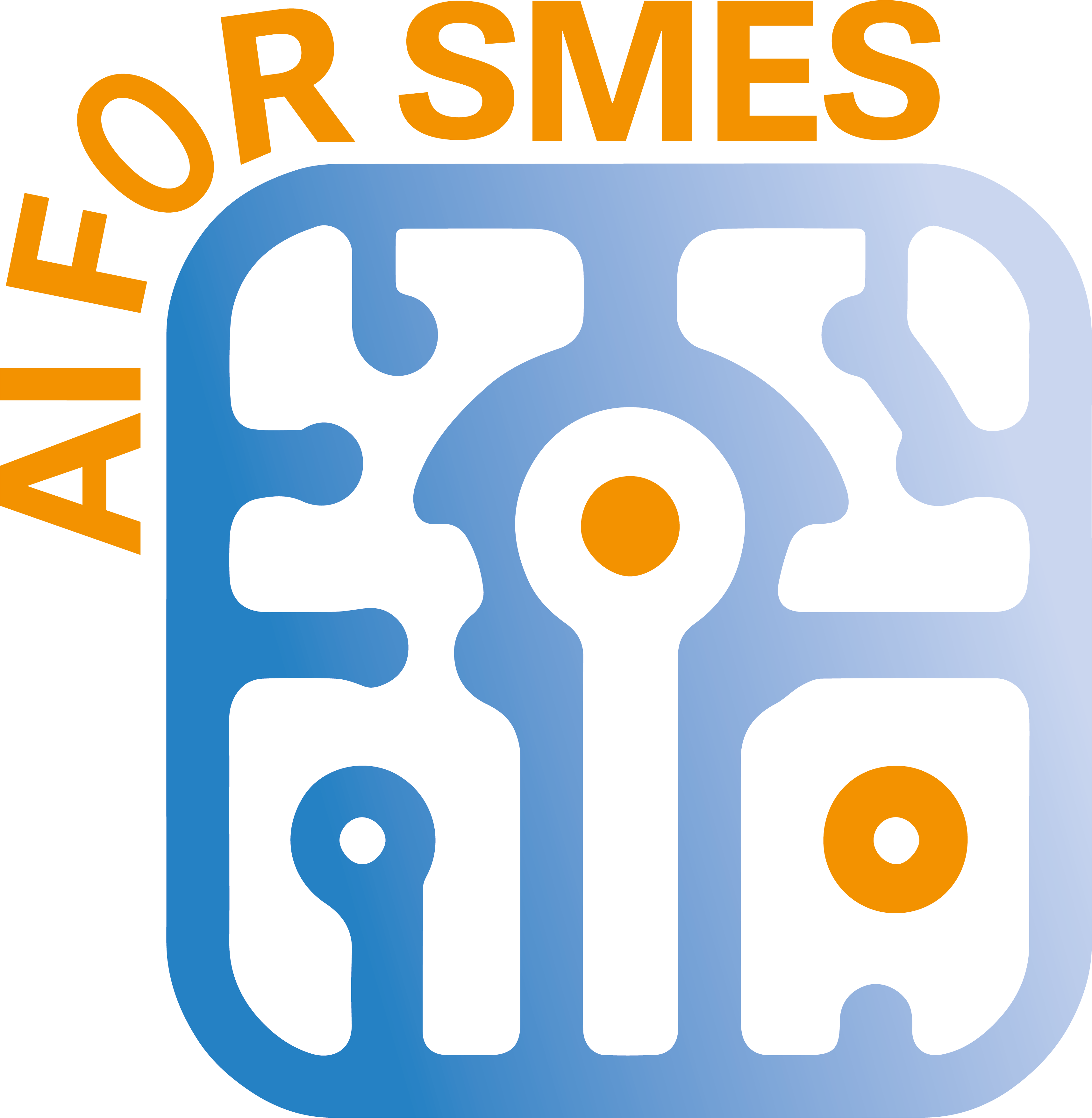New AI Implementation Tools for SMEs Released: Groundbreaking Research and Practical Guides
The EU-funded AI for SMEs project has released a comprehensive package of resources aimed at helping small and medium-sized enterprises integrate artificial intelligence into their operations. The package includes a detailed research report, implementation concept, and ten practical factsheets covering various aspects of AI application in business.
„Our research shows that while only 6.4% of small businesses in the EU currently use AI, the potential for growth and efficiency improvements is enormous,“ says Dr. Annette Icks, one of the lead authors of the research report. The study, conducted across Estonia, Germany, Lithuania, Poland, and Hungary, reveals that SMEs face unique challenges in adopting AI technology, primarily due to limited resources and technical expertise.
The implementation concept provides practical guidance for SMEs, covering areas such as HR management, customer service, sales planning, and process optimization. Complementing these materials are ten detailed factsheets that offer step-by-step guidance on specific AI applications, including chatbots for customer communication, sales forecasting, and occupational safety improvements.
„What makes these materials unique is their practical approach,“ explains Christian Wildt, co-author of the concept. „We’ve focused on real-world applications that SMEs can implement without requiring massive investments or technical expertise.“
The materials are freely available through the project’s partner organizations and will be used in upcoming training programs across Europe. This initiative is part of a broader EU strategy to increase AI adoption among smaller businesses and maintain European competitiveness in the global market.


Funded by the European Union. Views and opinions expressed are however those of the author(s) only and do not necessarily reflect those of the European Union or the European Education and Culture Executive Agency (EACEA). Neither the European Union nor EACEA can be held responsible for them.
